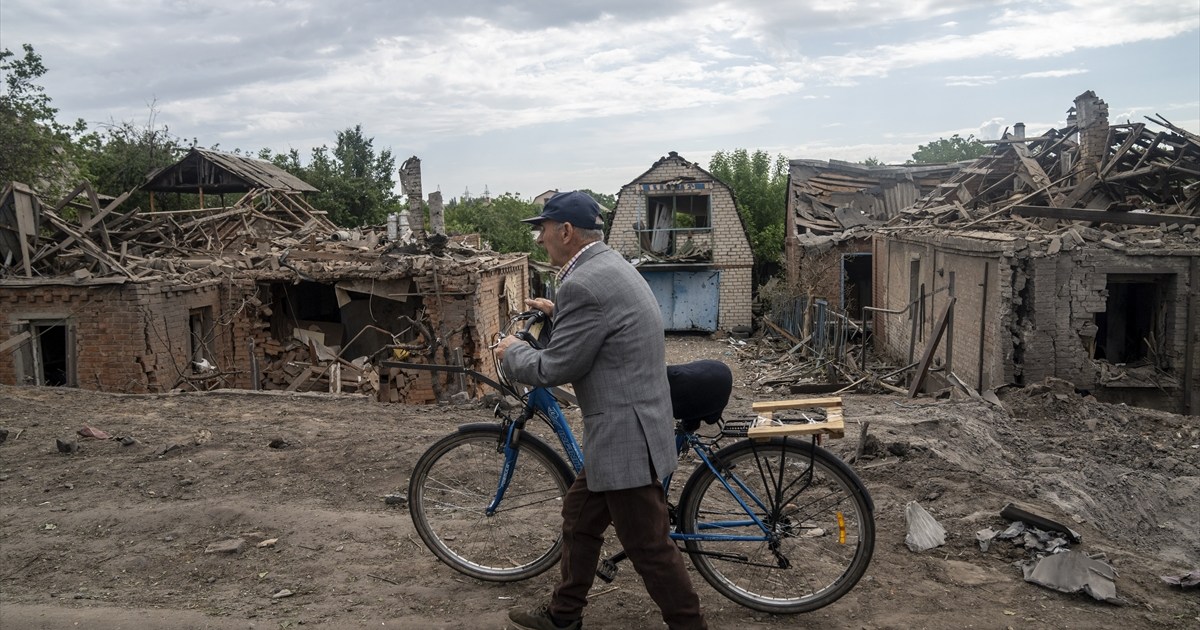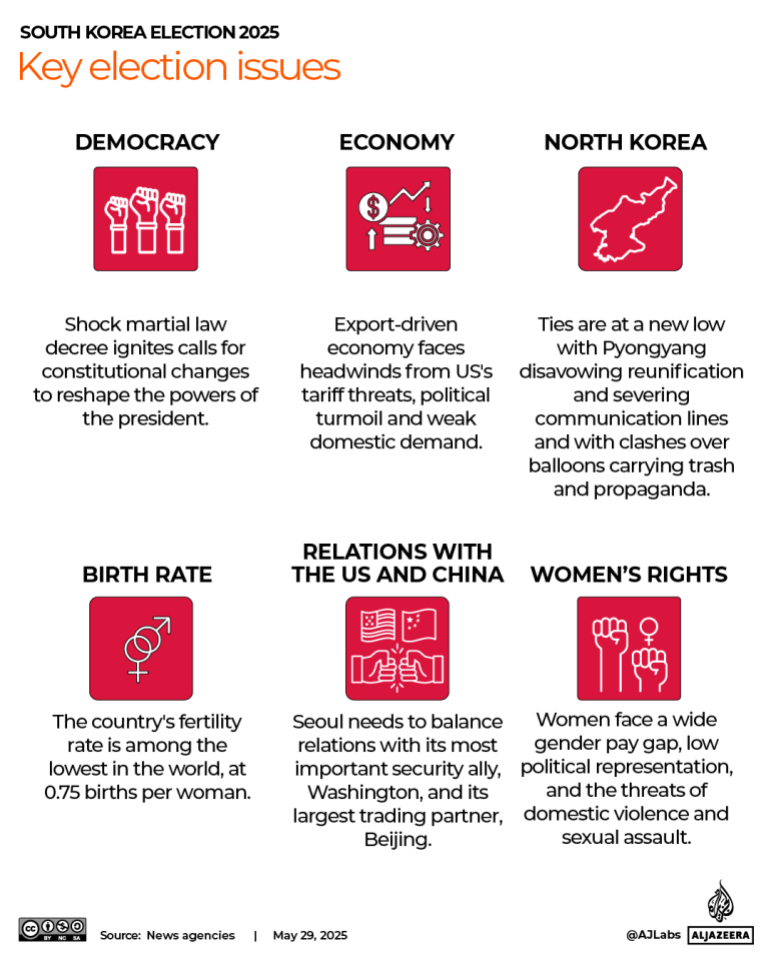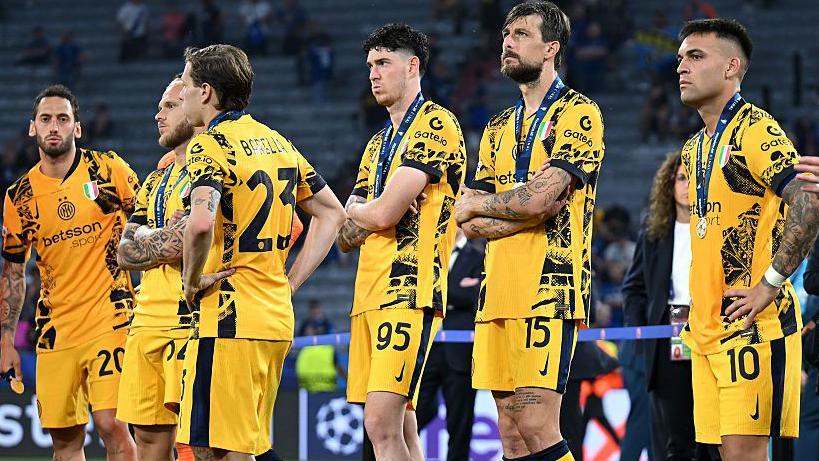Yoon Suk-yeol, who was impeached and removed from office in South Korea after his unsuccessful and brief attempt to enter martial law in December, is being considered for election by voters.
The snap election on June 3 is pivotal, with implications for South Korea’s democratic future, as well as its ties with China, the United States and its nuclear armed neighbour, North Korea.
The winner will have to address the aftermath of the martial law decree, which lasted for six hours but caused widespread protests, a court riot, and three interim leaders in six months.
The new president will also have to deal with the US, which has imposed a 25% levy on important exports like steel, aluminum, and cars, as a result of the country’s continuing economic slump.
Here’s what you need to know about the June 3 poll:
The candidates are who?
Lee Jae-myung of the ruling Democratic Party of Korea (DP) and Kim Moon-soo of the ruling, conservative People Power Party (PPP) are the two front-runners in the election.
Who is expected to win?
The clear front-runner is Lee, 61, a lawyer-turned-politician who specializes in human rights.
According to a Gallup Korea poll conducted on May 28, 49% of respondents voted for the liberal candidate, and 36% said they would support Kim, 73, a staunch conservative who served as labour minister under Yoon’s administration.
Trailing in third place is Lee Jun-seok of the conservative New Reform Party, at 9 percent.
What are the main problems?
The race has been hampered by Yoon’s shoddy martial law campaign.
It put Lee, who lost the last election to Yoon in 2022, back on track for the presidency.
The opposition’s leader played a key role in thwarting the president’s plan. Lee rushed to the National Assembly and climbed the walls of the building to avoid the hundreds of armed troops deployed there on December 3, when Yoon declared martial law in a bid to overthrow the Democratic Party-dominated parliament, which he characterized as “anti-state” and a “den of criminals.” He livestreamed his exploit, urging supporters to come to the parliament and prevent the arrest of legislators.
Despite the troop blockades, enough legislators voted in favor of putting an end to martial law in the legislature. On December 14, the assembly proceeded to remove Yoon from office.
“This election would not have happened if not for the declaration of martial law by Yoon Suk-yeol and his impeachment”, said Youngshik Bong, research fellow at Yonsei University in Seoul. “All others have sucked in these issues like a vortex,” he said. The rest is “minor” everything.
On the campaign trail, Lee has pledged to bring to justice anyone involved in Yoon’s failed bid and has also promised to introduce tighter controls on the president’s ability to declare martial law.
What position do the candidates have regarding the martial law trial?
The opposition leader, Lee, has also suggested constitutional amendments to establish a four-year, two-term presidency. Currently, South Korean presidents are only permitted to serve for a five-year term. Lee has also argued for a run-off system for presidential elections, whereby if no candidate secures 50 percent of the popular vote, the top two candidates take on each other in a second round.
He wrote on Facebook, calling for a constitutional amendment to permit the change, saying that a four-year, two-term presidency would allow for a midterm evaluation of the administration and reinforce responsibility. Adopting a run-off election system would, in addition, strengthen democratic governance and prevent unnecessary social conflict, according to  .
The PPP’s Kim has accepted Lee’s proposals for a constitutional amendment to allow a two-term presidency, but has suggested shortening each term to three years.

However, Yoon’s attempt to impose martial law has caused chaos and chaos in the PPP.
The troubled party attempted to pick the impeached president’s replacement, but there was conflict in the process. Although Kim won the party primary, its leaders tried to replace him with former Prime Minister Han Duck-soo. Kim’s candidacy was cancelled the day before the party’s campaign launch, only to be reinstated after party members objected.
Its support, according to Bong, at Yonsei University, has been exacerbated by the conflict and divisions in the conservative camp over Yoon’s decree.
“Kim Moon-soo has not set his position clearly on the martial law declaration”, Bong said. He has not distanced himself from Yoon’s legacy, but he has not stated informally whether he thinks the declaration of martial law violated the constitution. Therefore, the PPP hasn’t really had the resources to mobilize its supporters.
Still, Kim appears to have eroded what was a more than 20 percent point gap with Lee at the start of the campaign.
However, he has failed to persuade Lee Jun-seok, the third-placed candidate, to back the PPP to improve its chances. Lee, a 40-year-old member of the New Reform Party, stated on Tuesday that there would be “no candidate merger” with “those responsible for the emergency martial law.”
What about foreign policy?
The outcome of the election may change South Korea’s attitude toward North Korea, despite the backseat of policy debates. Since the Korean War of 1950-1953 ended with an armistice rather than a peace treaty, the two neighbors are technically at war, and ties between them are at an all-new low.
North Korean leader Kim Jong Un has called for rewriting his country’s constitution to scrap the longstanding goal of unifying the war-divided nations and described Seoul as an “invariable principal enemy”. Additionally, Pyongyang and Pyongyang have severed communication lines, and they have engaged in hostilities over drones and balloons carrying propaganda.
If elected, Lee of the Democratic Party will ease tensions, including by establishing a military hotline, and will continue to work toward the elimination of nuclear weapons from the Korean Peninsula.
Kim, however, has backed Yoon’s hardline approach, promising to secure “pre-emptive deterrence” through tools such as ballistic missiles and the redeployment of US tactical nuclear weapons. He has stated that he will also pursue nuclear armament by obtaining the right to reprocess nuclear fuel, a crucial step in the development of atomic weapons.
The two candidates’ views on China, the country’s largest trading partner, and the US, their most significant security ally, differ.
Lee, who espouses what he calls a pragmatic foreign policy, has said it is crucial to maintain South Korea’s alliance with the US and pursue security cooperation with Japan. He has, however, pledged to prioritize “national interests” and stated that “no need to unnecessarily antagonize China or Russia.”

Kim has also promised to meet with US President Donald Trump right away to discuss tariffs and has questioned Lee’s commitment to the US-South Korea alliance.
“I have a very friendly and trusting relationship”, with the US leader, Kim has said.
Trump has long demanded that more of the cost of stationing US troops be shared, something he has also indicated he is willing to do so.
Some people find Lee Sung-yoon, a board member of the Committee for Human Rights in North Korea, to be “immutable” about the policy differences between the opposing camps because he has previously made comments about China and Russia.
“In the past, Lee has said South Korea should not get involved in China’s posture towards Taiwan, and just say thank you to both Beijing and Taiwan and stay out of the conflict. He described the trilateral defensive exercises as “a defence disaster” and an “extremely pro-Japanese act” between the US, Japan, and South Korea. And more than once, he claims that Volodymyr Zelenskyy, the president of Ukraine, eluded Russian intervention because of his disparaging statements.
The analyst said Lee has – over the course of the election campaign – tried to walk back some of his statements in a bid to appeal to more moderate voters.
However, he said, “I would venture to assume that those in the councils of power in Washington, DC, Tokyo, or Kyiv, Ukraine, are not overly optimistic about the possibility of a Lee administration.”
When will the outcomes be available?
Koreans overseas have already cast their ballots, and early voting took place on Thursday and Friday. The two front-runners were among the large numbers who cast ballots early.
The nation’s 52 million people are eligible to cast ballots, according to the National Election Commission, which has 44.4 million people there. On election day, which is a public holiday, polling stations will open at 6am (22: 00 GMT) and close at 8pm (20: 00 GMT).
The winner will be revealed that evening or early the following day, and counting will begin right away. Even if they don’t receive 50% of the votes, the candidate who receives the most votes will still be regarded as the winner.












